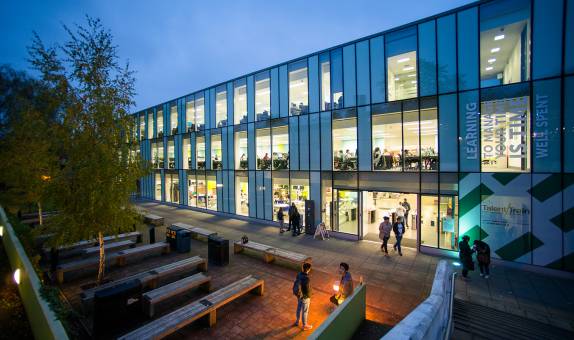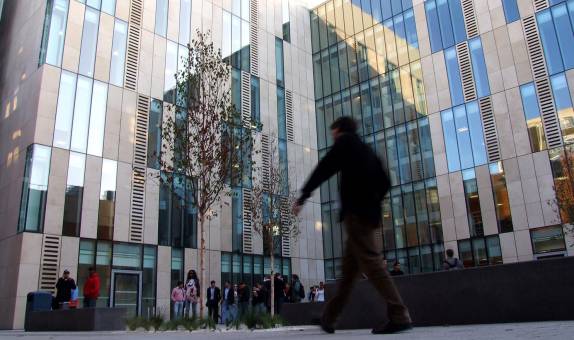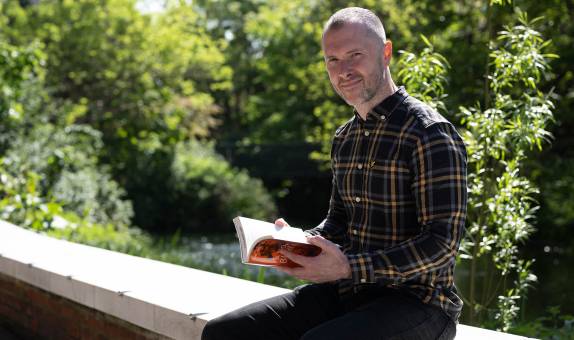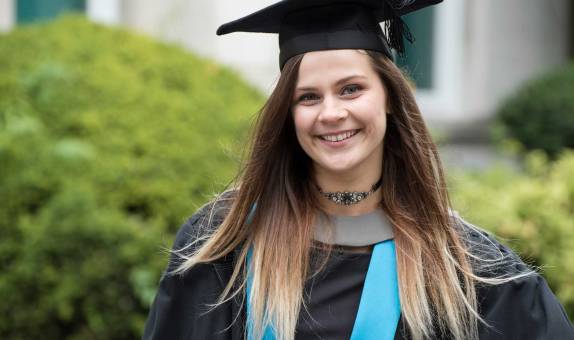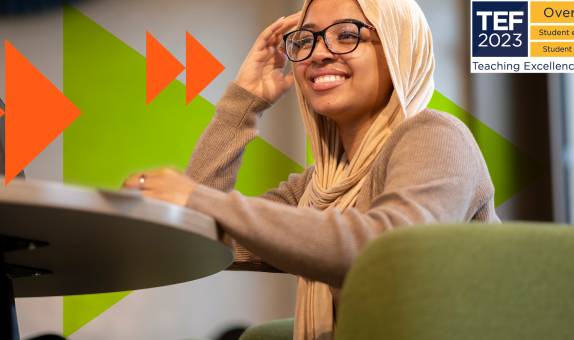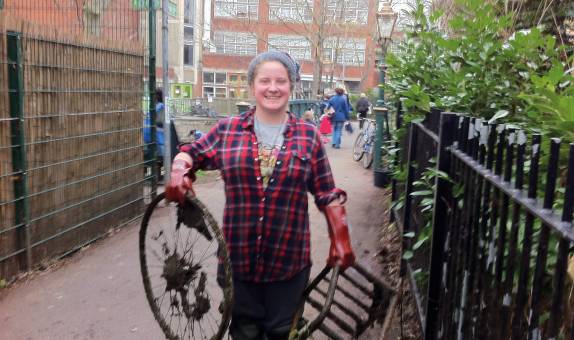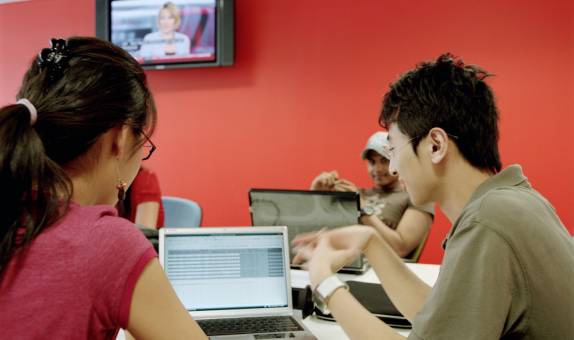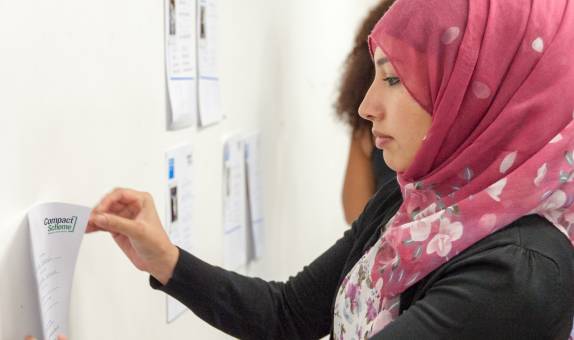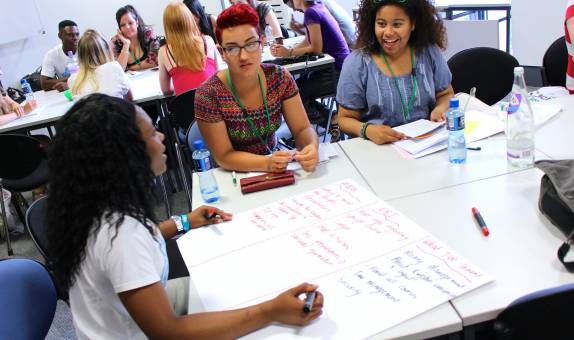Inclusive Curriculum Framework
Introduction
Kingston University's Inclusive Curriculum Framework defines our academic offer. It promotes a universal approach to course design intended to improve the experience, skills and attainment of all students.
It encourages the development of courses that put the student at the centre - moving away from pedagogic practices that disadvantage some of our student groups. It is about thinking of the curriculum in a different way so that basic assumptions are challenged and changed.
Curriculum design principles
At the heart of the Framework is a set of three fundamental design principles:
- Create an accessible curriculum
- Enable students to see themselves reflected in the curriculum
- Equip students with the skills to positively contribute to and work in a global and diverse world
The framework should be used:
- When undertaking internal subject reviews
- By course teams reviewing their course content
- By individual teachers rethinking their own learning and teaching practice
Questions for Course Teams and Module Leaders: prompts to ensure an inclusive curriculum
Inclusive Curriculum Framework: Videos
This video introduces the inclusive curriculum framework and details how its principles can be delivered from concept to review.
This video outlines details of Kingston's strategic steps to embed an inclusive curriculum following the University's Excellence Framework for an Inclusive Curriculum.




